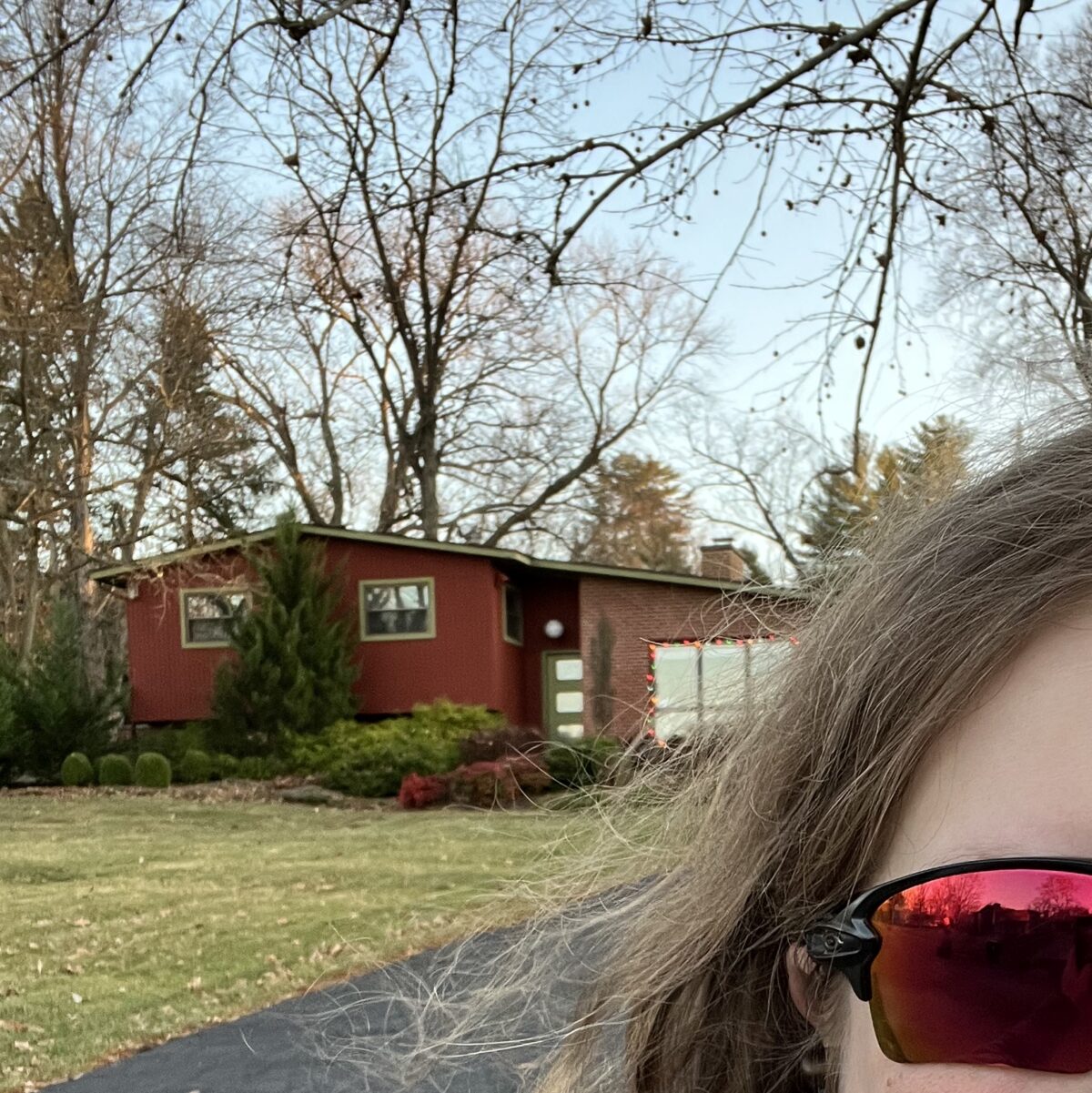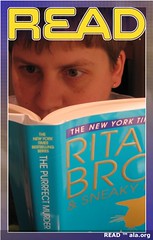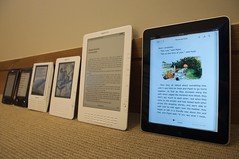Last week I made the 15 hour round trip drive to/from my parents home for stuff your mouth hole day. I had thought I might start a new audiobook for the drive, but for some reason I found myself hesitant to dive in. This was a new author, and while the premise seemed intriguing, I also knew there was a chance I might find aspects of the story to be too much to handle.
(This is the thing I find quite often when faced with some new book, or movie, or TV show — that fear that I will not like it or something about it will make me regret investing time/mental space in it. It’s one of the reasons why I’m quite happy to let you “spoil” whatever it is, because it’s highly unlikely I’ll ever get around to it myself.)
So, I opted to catch up on podcasts and listen to some music instead during the drive there. It felt like the minutes were slowly creeping by. I kept forcing myself to not stop for snacks/beverages or any other distraction.
When it came time to drive home after the visit, I decided that I might as well start that audiobook. If it wasn’t to my liking, I could easily drop it for one of several others I had lined up (this one was from the library and was due back soon enough that I either listened then or not until it was available again).
The trip home flew by. I marked the landmarks as they passed by, and only stopped for food when my belly reminded me to eat. My ever restless mind was absolutely captivated by the story, and I regret not having started it for the drive out, because I still had half of it to go when I got home.
A lesson re-learned.
If you’re curious, the book is She Who Became the Sun by Shelley Parker Chan, and read by Natalie Naudus, who I first ran across on TikTok. I specifically sought out the books she had done the audio for because of her TikTok presence. There is a lot of violence in the book – mostly physical. It helps me that this is fictional, and there is so much to the main character(s) that I am intrigued by that I can disassociate from the violence enough to still enjoy the story.






